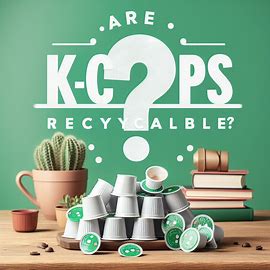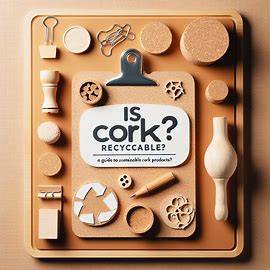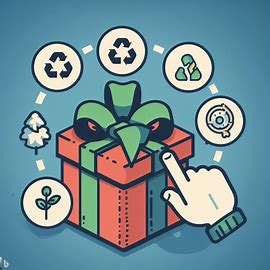The Ultimate Guide to Recycling K-Cups: Eco-Friendly Solutions
In recent years, single-serve coffee pods, particularly K-Cups, have surged in popularity due to their convenience and variety. However, concerns have been raised about their environmental impact, particularly regarding recycling. Are K-Cups recyclable? In this comprehensive guide, we’ll delve into the recyclability of K-Cups, eco-friendly alternatives, and tips for reducing waste in your morning routine.
Are K-Cups Recyclable?
Unfortunately, the standard K-Cup design poses challenges for recycling. Most K-Cups are composed of a combination of materials, including plastic, aluminum, and organic matter (coffee grounds). This complex structure makes traditional recycling methods difficult.
Plastic:
While the plastic portion of K-Cups is technically recyclable, many recycling facilities struggle to process small items like K-Cups due to their size and the complexity of separating materials.
Aluminum:
The aluminum foil lid on K-Cups can be recycled in facilities that accept aluminum. However, it must be separated from the plastic and coffee grounds, which is often impractical for consumers.
Coffee Grounds:
The organic matter in K-Cups, such as coffee grounds, can contaminate recycling streams if not properly separated. While organic waste can be composted, it requires separate facilities or home composting systems.
Eco-Friendly Alternatives:
- Recyclable K-Cups: Some brands offer recyclable K-Cup options made from materials that are easier to recycle, such as polypropylene (#5 plastic). Look for products labeled as recyclable and check with your local recycling program to ensure they accept them.
- Refillable Pods: Refillable K-Cup pods, made from durable materials like stainless steel or BPA-free plastic, allow you to enjoy the convenience of single-serve coffee while reducing waste. Simply fill the pod with your favorite coffee grounds and rinse after each use.
- Compostable Pods: Compostable K-Cups are designed to break down in composting facilities, reducing the environmental impact of disposal. Look for certifications such as the Biodegradable Products Institute (BPI) or the Compostable logo.
Tips for Sustainable Coffee Consumption:
- Buy in Bulk: Purchase coffee in bulk to reduce packaging waste.
- Support Sustainable Brands: Choose coffee brands that prioritize sustainability and ethical sourcing.
- Use a Reusable Mug: Opt for a reusable mug or travel tumbler when enjoying your coffee on the go.
Conclusion
While traditional K-Cups pose challenges for recycling, there are eco-friendly alternatives and practices you can adopt to minimize waste in your coffee routine. Whether opting for recyclable, refillable, or compostable options, making conscious choices can help reduce your environmental footprint without sacrificing your love for a morning brew.
Remember, small changes can make a big difference in preserving our planet for future generations.







